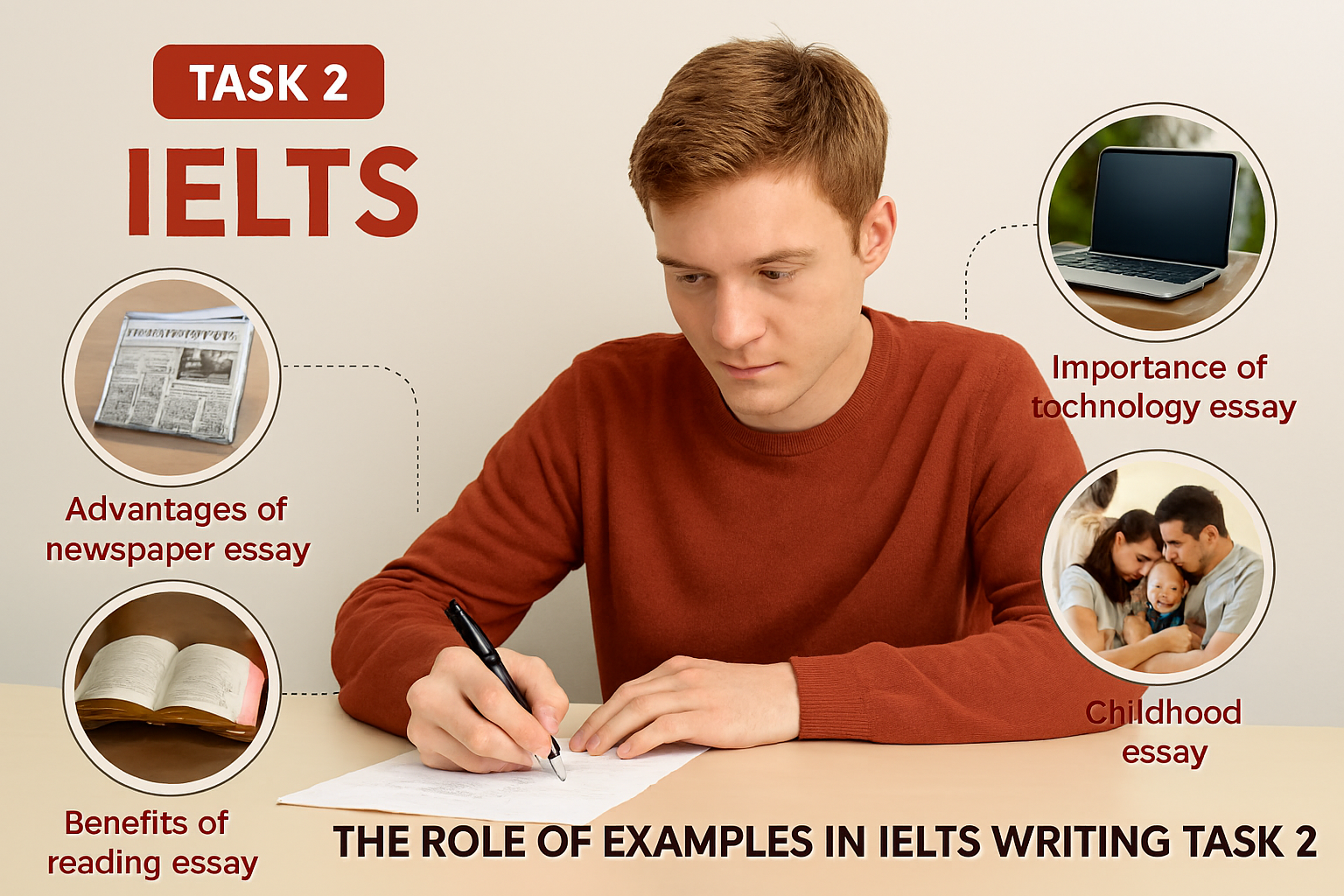When preparing for IELTS general writing task 2, one of the first skills candidates must master is paraphrasing the essay question. This skill is not only vital for achieving a high band score but also demonstrates your ability to use a wide range of vocabulary, grammar structures, and academic writing techniques. Whether you are practicing with IELTS writing task 2 questions, learning from model answers, or even exploring resources like paragraph writing with questions and answers, understanding how to reframe the task prompt is essential.
Paraphrasing involves rewriting the question in your own words without changing its meaning. Many students underestimate this step, but examiners actually look for it in the introduction. If you simply copy the original words, it may negatively impact your IELTS writing evaluation. Let’s explore why paraphrasing is important, how to do it effectively, and how it connects to different writing skills that also appear in academic and general training exams.
Why Paraphrasing Matters in IELTS Writing Task 2
-
Avoids repetition: Copying directly from the task may reduce your lexical resource score.
-
Shows vocabulary range: Replacing keywords with synonyms proves you have a strong command of English.
-
Clarifies your understanding: Restating the question in your own words confirms you understand the task.
-
Improves structure: A paraphrased question leads naturally into a thesis statement and well-organized essay.
For instance, if the task is: “Some people believe that technology has improved our lives, while others think it has created more problems.”
You might paraphrase it as: “Many argue that modern technology enhances daily living, whereas others feel it has introduced new challenges.”
This not only changes the wording but also maintains the meaning.
Practical Steps to Paraphrase Writing Task 2 Questions
1. Identify the Keywords
Every task will have keywords, like technology, childhood, education, newspaper, or society. For example, in an importance of technology essay, “technology” and “improved our lives” are the central terms.
2. Use Synonyms and Related Phrases
Instead of repeating advantages of newspaper essay, you can say benefits of reading newspapers. For childhood essay, rephrasing might look like experiences during early years of life.
3. Change the Word Form
Convert verbs into nouns or adjectives.
-
Original: Is IELTS exam tough?
-
Paraphrased: Many candidates find the IELTS test challenging.
4. Use Complex Sentences
Incorporating complex sentences for IELTS can increase your grammar range score. For example:
-
Original: The use of computers has advantages and disadvantages.
-
Paraphrased: Although computers provide several benefits, they also come with certain drawbacks.
Examples of Paraphrasing IELTS Writing Task 2 Questions
-
Original: Reading books has more benefits than watching television. Discuss.
Paraphrased: Some argue that reading offers greater advantages compared to watching TV. Evaluate this opinion.
(This also links with the benefits of reading essay.) -
Original: Newspapers remain an important source of information despite the rise of online media. Do you agree?
Paraphrased: Although digital platforms are widespread, many still believe that newspapers play a significant role in providing news. To what extent do you agree?
(Here, we can also link with advantages of newspaper essay.) -
Original: Children today spend more time indoors than in the past. What are the reasons and solutions?
Paraphrased: Compared with earlier generations, today’s young people spend most of their time indoors. What factors contribute to this trend, and how can it be addressed?
(Connected with childhood essay themes.)
How Paraphrasing Helps Across Exams
Paraphrasing is not only useful for IELTS. In TOEFL, OET, and CELPIP, rewriting questions and prompts also demonstrates clarity. For example, in TOEFL speaking questions and answers, candidates must reframe prompts before answering. Similarly, in OET letter sample writing, paraphrasing patient notes is critical.
Even outside exams, this skill benefits academic writing like paragraph writing topics for class 4 or letter writing topics for class 8. It also helps when preparing essays such as:
-
Importance of time essay
-
Advantages and disadvantages of computer essay
-
Importance of mobile phone essay
-
Conclusion of computer essay
In other words, paraphrasing is a universal writing skill that applies to education, career, and even creative fields like how to make money writing ebooks or art competition ideas.
Linking Paraphrasing with Broader IELTS Skills
-
IELTS Writing Task 1: When describing graphs, charts, or formal letters like task 1 GT formal letter, you also need paraphrasing. Instead of writing The chart shows, you might say The graph illustrates.
-
IELTS Report Writing: In task 1 academic responses, using synonyms and varied grammar ensures higher scores.
-
IELTS Scoring Pattern & Band Descriptors: Effective paraphrasing contributes to higher marks in both Lexical Resource and Grammatical Range and Accuracy.
-
IELTS Meaning for Candidates: Many students ask, Is IELTS exam hard? or How many bands in IELTS are needed? The truth is, paraphrasing helps make the test more manageable.
-
Future Overseas Education: Since essays often cover global issues like society, media, or technology, paraphrasing also prepares you for academic success abroad.
Practice Ideas for Students
-
Collect IELTS writing task 2 questions and practice rewriting the introduction.
-
Use synonyms for common topics: technology → modern devices, society → community, education → learning systems.
-
Try paraphrasing from other resources like types of writing skills pdf, paragraph about English language, or model activity task class 8 answers.
-
Write small essays such as importance of helping others essay or benefits of social media essay to strengthen paraphrasing.
By practicing regularly, candidates can build confidence, whether preparing for the IELTS, TOEFL writing section, or even academic tasks like class 11 debate writing or role of family society and educational institutions in inculcating values.
